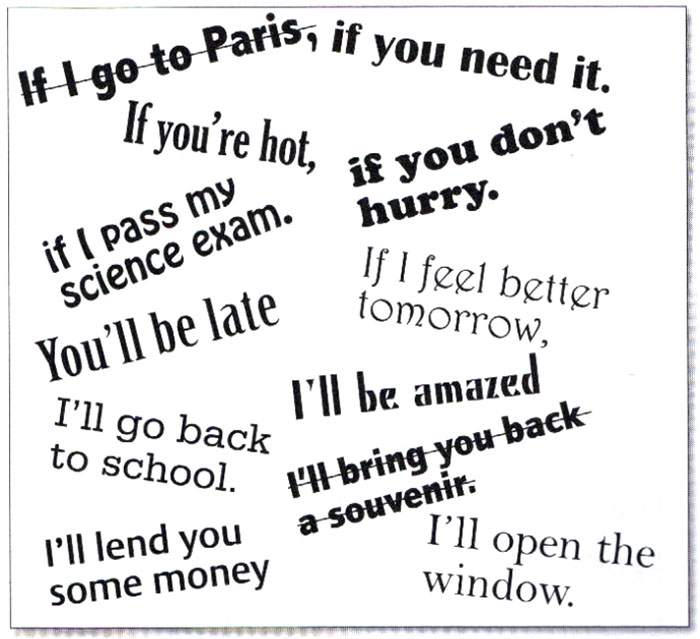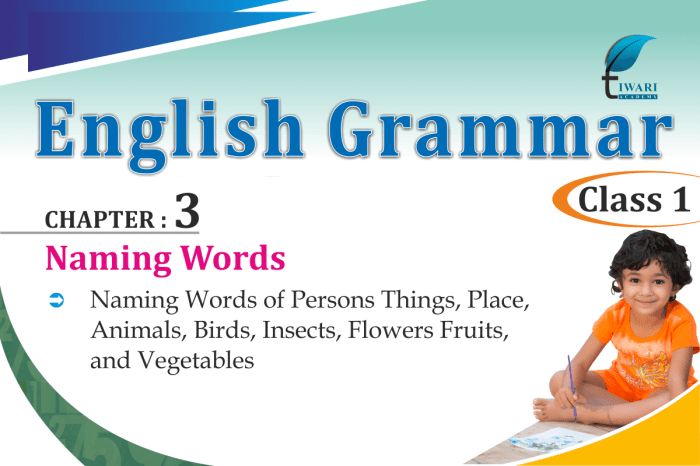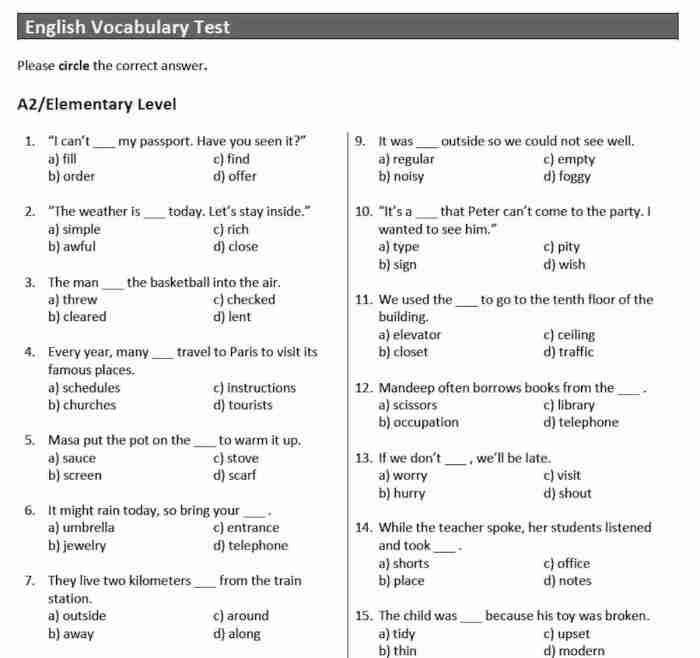Embarking on the journey of sem 1 final grammar and vocabulary a, we delve into the foundational elements of English language proficiency. Grammar, the cornerstone of language, provides the structure and rules that govern sentence construction, while vocabulary, its vibrant tapestry, enables us to express our thoughts and ideas with precision and clarity.
Throughout this comprehensive guide, we will explore the fundamental principles of grammar, including parts of speech, sentence structure, and punctuation. We will also delve into the art of vocabulary expansion, uncovering techniques to enhance your word power and improve your overall language skills.
Grammar Concepts

English grammar is the system of rules that govern the structure and usage of the English language. It includes the parts of speech, sentence structure, and punctuation.
The parts of speech are the basic building blocks of language. They include nouns, pronouns, verbs, adjectives, adverbs, prepositions, conjunctions, and interjections.
Sentence structure refers to the way that words are arranged to form sentences. The basic sentence structure is subject-verb-object. However, there are many variations on this basic structure.
Punctuation is used to clarify the meaning of sentences. The most common punctuation marks are the period, comma, semicolon, colon, and question mark.
Importance of Grammar
Grammar is important for effective communication. It allows us to express our ideas clearly and concisely. When we use correct grammar, we are more likely to be understood by others.
Grammar is also important for academic success. Students who have a strong understanding of grammar are more likely to succeed in their studies.
Vocabulary Expansion

Vocabulary is the set of words that a person knows and understands. A large vocabulary is important for effective communication. It allows us to express ourselves more precisely and to understand others more easily.
There are many ways to expand your vocabulary. One way is to read widely. When you read, you are exposed to new words and phrases. Another way to expand your vocabulary is to use a thesaurus. A thesaurus is a dictionary that lists synonyms and antonyms.
It is also important to study root words. Root words are the basic building blocks of words. By understanding root words, you can learn the meaning of new words more easily.
Tips for Improving Vocabulary Retention and Usage
There are many things you can do to improve your vocabulary retention and usage. One thing you can do is to use new words in your everyday speech and writing. Another thing you can do is to keep a vocabulary journal.
In your vocabulary journal, you can write down new words that you learn, along with their definitions and examples of how to use them.
Practice and Application
Exercises and Activities
There are many different ways to practice your grammar and vocabulary skills. One way is to do exercises and activities. Exercises and activities can help you to learn new grammar rules and vocabulary words, and they can also help you to improve your writing skills.
There are many different types of exercises and activities that you can do. Some popular types of exercises include:
- Fill-in-the-blank exercises
- Multiple-choice exercises
- Short answer exercises
- Essay writing exercises
There are also many different types of activities that you can do. Some popular types of activities include:
- Reading
- Writing
- Speaking
- Listening
Table of Correct and Incorrect Grammar and Vocabulary Usage
The following table provides examples of correct and incorrect grammar and vocabulary usage.
| Correct | Incorrect |
|---|---|
| I went to the store. | I goed to the store. |
| The dog is brown. | The dog is marron. |
| I am happy to see you. | I am glad to see you. |
Common Errors and Challenges

Common Grammar and Vocabulary Errors
There are many common grammar and vocabulary errors that students make. Some of the most common errors include:
- Using the wrong tense
- Using the wrong preposition
- Using the wrong word
- Using the wrong punctuation
Reasons for Errors
There are many reasons why students make grammar and vocabulary errors. Some of the most common reasons include:
- Not understanding the grammar rule
- Not knowing the meaning of a word
- Not being able to apply the grammar rule or vocabulary word correctly
Strategies for Avoiding Errors
There are many strategies that students can use to avoid making grammar and vocabulary errors. Some of the most effective strategies include:
- Studying grammar rules and vocabulary words
- Practicing using grammar rules and vocabulary words
- Getting feedback from a teacher or tutor
Writing Improvement
Impact of Grammar and Vocabulary on Writing
Grammar and vocabulary are essential for effective writing. When you have a strong understanding of grammar and vocabulary, you are able to write clearly, concisely, and persuasively.
Grammar helps you to structure your sentences and paragraphs in a logical way. Vocabulary helps you to choose the right words to express your ideas.
Tips for Incorporating Advanced Grammar and Vocabulary into Writing
There are many things you can do to incorporate advanced grammar and vocabulary into your writing. Some tips include:
- Using a variety of sentence structures
- Using precise and descriptive language
- Using transitional words and phrases
- Proofreading your work carefully
Real-World Applications: Sem 1 Final Grammar And Vocabulary A

Examples of Grammar and Vocabulary Usage
Grammar and vocabulary are used in a variety of real-world contexts. Some examples include:
- Professional communication
- Academic writing
- Everyday conversations
Importance of Strong Grammar and Vocabulary Skills, Sem 1 final grammar and vocabulary a
Strong grammar and vocabulary skills are important for personal and professional success. They allow you to communicate effectively, build relationships, and achieve your goals.
Tips for Using Grammar and Vocabulary Effectively
Here are some tips for using grammar and vocabulary effectively in different situations:
- In professional communication, use formal language and avoid slang.
- In academic writing, use precise and descriptive language.
- In everyday conversations, use language that is appropriate for the audience and situation.
FAQ Overview
What is the significance of grammar in effective communication?
Grammar provides the framework for clear and coherent expression. It ensures that sentences are structured correctly, words are used appropriately, and meaning is conveyed accurately.
How can I expand my vocabulary effectively?
Engage in regular reading, utilize a thesaurus to explore synonyms and antonyms, study root words and their derivations, and practice using new words in context.
What are some common grammar errors to avoid?
Subject-verb agreement, pronoun case, verb tense consistency, and comma usage are common areas where errors occur. Pay attention to these aspects and consult grammar resources for guidance.